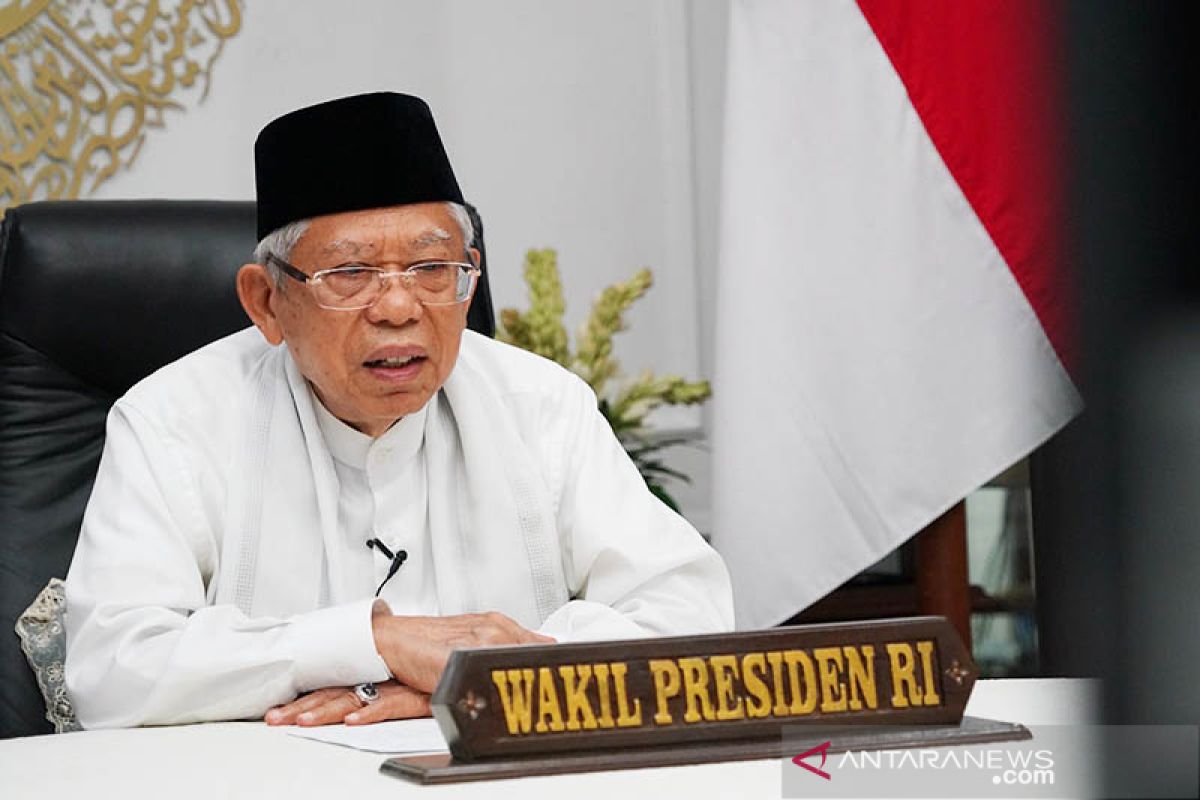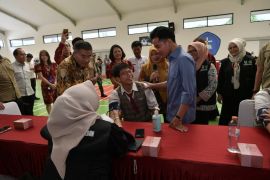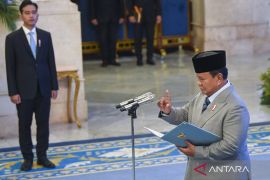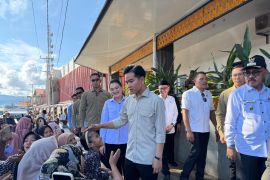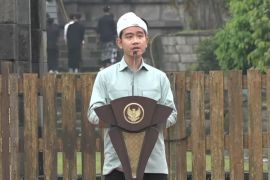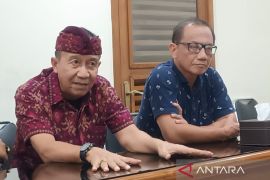The perception of most members of Indonesian society about waqf that it is a traditional practice. They thought waqf is only oriented to assets, such as land and buildings, so it was, so far, only done by elderly people and the haves.Jakarta (ANTARA) - Vice President K.H. Ma'ruf Amin believes that cash waqf held immense potential to develop in Indonesia and likely reach Rp180 trillion annually.
"Cash waqf has the potential to develop considerably in Indonesia. In 2018, the Indonesian Waqf Agency highlighted that the potential of national cash waqf was estimated to reach Rp180 trillion per year," Amin remarked at the virtual Waqf Awareness Movement: Sumatra Practices Waqf here on Friday.
Amin pointed to a shift in waqf practices in Indonesia, initially from immovable objects to productive objects and ones with economic value.
"Currently, waqf can be distributed through objects that are considered more productive and have economic value. Thus, it makes it easier for everyone to practice waqf, which is through cash waqf," he expounded.
To optimize the waqf movement sustainably, Amin called on all relevant parties to be heedful to improving literacy, the development of waqf management technology, and human resource quality in the field of waqf.
In connection with waqf literacy, the vice president believes Indonesians had yet to fully grasp the importance of waqf and held a misperception about it.
"The perception of most members of Indonesian society about waqf that it is a traditional practice. They thought waqf is only oriented to assets, such as land and buildings, so it was, so far, only done by elderly people and the haves," the vice president stated.
Moreover, Amin believes that technological developments in Industry 4.0 had left people with no choice, especially during the pandemic, to alter their behavioral patterns, from face-to-face to digital systems.
"Digital systems are required to make transactions easier and transparent. Their accountability is also protected," he remarked.
Lastly, more human resources, with special competencies to manage cash waqf more professionally, should be involved in order to gain public trust, he emphasized.
"Support of the local government or philanthropic institutions is needed to produce competent human resources in the field of cash waqf," he stated.
Related news: VP encourages shift to movable wakf assets
Related news: Micro Waqf Bank makes it easy for low-income people to do business: VP
Translator: Fransiska N, Kenzu T
Editor: Suharto
Copyright © ANTARA 2021
